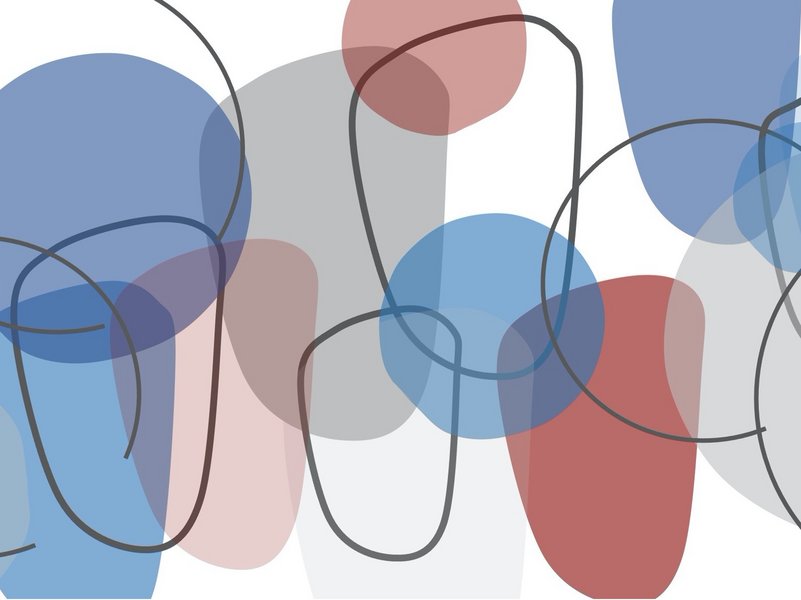Clinic for Palliative Medicine: Current studies on spiritual care, treatment refusal and social work

Researchers at the Clinic for Palliative Medicine at the University Hospital Heidelberg (UKHD) and at the NCT Heidelberg have recently published four papers dealing with spiritual care in oncology, the question of the minimum general condition for oncological system therapy and the role of social work in palliative care.
Spiritual care provides important support
Two recent publications from the Department of Palliative Medicine address the topic of spiritual care in oncology. Spiritual care offers support for existential questions and helps to provide patients with a better quality of life during a difficult time. Since religious traditions are practiced by fewer and fewer people, it might be useful to develop new rituals for the dying phase, thus making a valuable contribution to the care of the dying, their relatives and the professional team.
Links to the publications: doi: 10.21037/apm-24-119, doi: 10.1007/s00761-024-01631-x
When is chemotherapy no longer useful?
For seriously ill cancer patients, the question often arises as to whether chemotherapy is still reasonable. Criteria that can help to define this unreasonableness are summarized in a new publication. These include a poor general condition, the lack of effect of previous therapies, and severe side effects. Especially in borderline situations, the patient's explicit wish plays a relevant role. According to international guidelines, quality of life should be maintained as much as possible in the last weeks of life.
Link to publication: Thiesbonenkamp-Maag J, Alt-Epping B. Too sick for chemo? – Criteria for withholding systemic tumor therapy. Jatros Hämatologie & Onkologie 2025, 1: 64-65
Social work as an indispensable element of palliative care
Social workers play an important role in specialized outpatient palliative care (SAPV), but have not yet been firmly integrated into its structures. A recent study shows that physicians and nurses appreciate their work – especially when it comes to organizational and psychosocial issues. Nevertheless, there are obstacles such as scarce resources and unclear responsibilities. The research underlines that a stronger integration of social workers could improve care by providing better support for patients and their families and relieving the burden on medical staff.
Link to publication: doi:10.1177/26323524241310457







